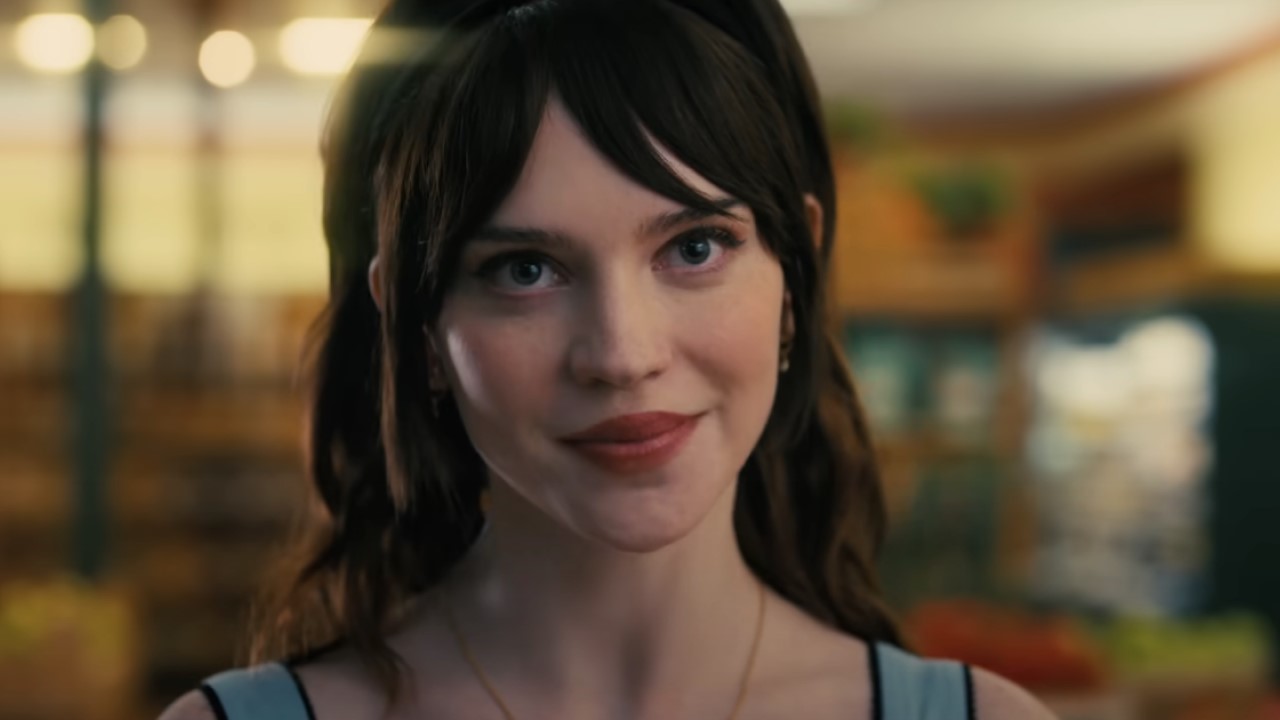The Big Advantage Netflix Has Over The Movie Industry, According To James Gunn

Streaming vs. traditional moviegoing has become one of the greatest debates among modern pop culture enthusiasts. Both sides of the aisle have merits, but it's clear that streaming platforms have a few key advantages that the traditional movie industry just cannot compete with in the long run. In fact, Guardians of the Galaxy Vol. 2 director James Gunn recently addressed the fundamental differences between moviegoing and streaming, and he explained that he feels Netflix has a distinct edge because of the sheer amount of content available at the push of a button, saying:
It's a terrible, terrible thing for films, because we're eating ourselves. People go to movies--big, huge films--that suck. They feel ripped off and then they go and watch Netflix. The thing is, when you buy a ticket for a movie, you either win or lose: If the movie's bad, you've lost two hours and some money. If the movie's good, you win two hours. You go watch two episodes of a TV show on Netflix and if you lose, you lose two hours. But if you win, you gain thirty-two, sixty, a hundred hours of something that you enjoy. The win-loss ratio is very different.
Think about how much easier it is to sit at home and binge-watch that eleven season show (you always said you were going to watch all of Frasier, remember?) instead of getting dressed, driving out and spending money on a movie ticket. Services like Netflix and Hulu stockpile streaming content like a doomsday prepper stockpiling toilet paper and canned goods, and the subscription payment plan is something you commit to paying even before you choose to watch anything. As a result of these differences, it sometimes becomes easier for a consumer to justify staying in and watching home entertainment than gambling money on a single big-budget blockbuster that he or she might not even enjoy.
One thing worth noting is that James Gunn's recent comments to GQ don't even begin to scratch the surface of what home entertainment could potentially look like within the next few years. Not only have streaming services like Netflix created an entirely new alternative to the traditional theatrical experience, but potential streaming services offering new releases (such as the highly controversial Screening Room) could ultimately supplant theaters--or at least theaters showing indie movies--for a fraction of the cost.
Having said that, that's a worst-case scenario for the movie industry, and it doesn't necessarily factor in all of the steps that theaters have taken to try and entice audiences in for those blockbusters mentioned above. From the installation of luxury seating to improved food choices and alcohol sales, movie theaters have become far more experiential over the course of the last few years, and it's obvious that theaters have made conscious efforts to compete in an increasingly competitive marketplace.
Of course, a big fan of checking out a movie in theaters, then make sure to take a look at our movie premiere guide to keep yourself in the loop on all of the most highly anticipated theatrical debuts slated for this year!
Your Daily Blend of Entertainment News
Originally from Connecticut, Conner grew up in San Diego and graduated from Chapman University in 2014. He now lives in Los Angeles working in and around the entertainment industry and can mostly be found binging horror movies and chugging coffee.

